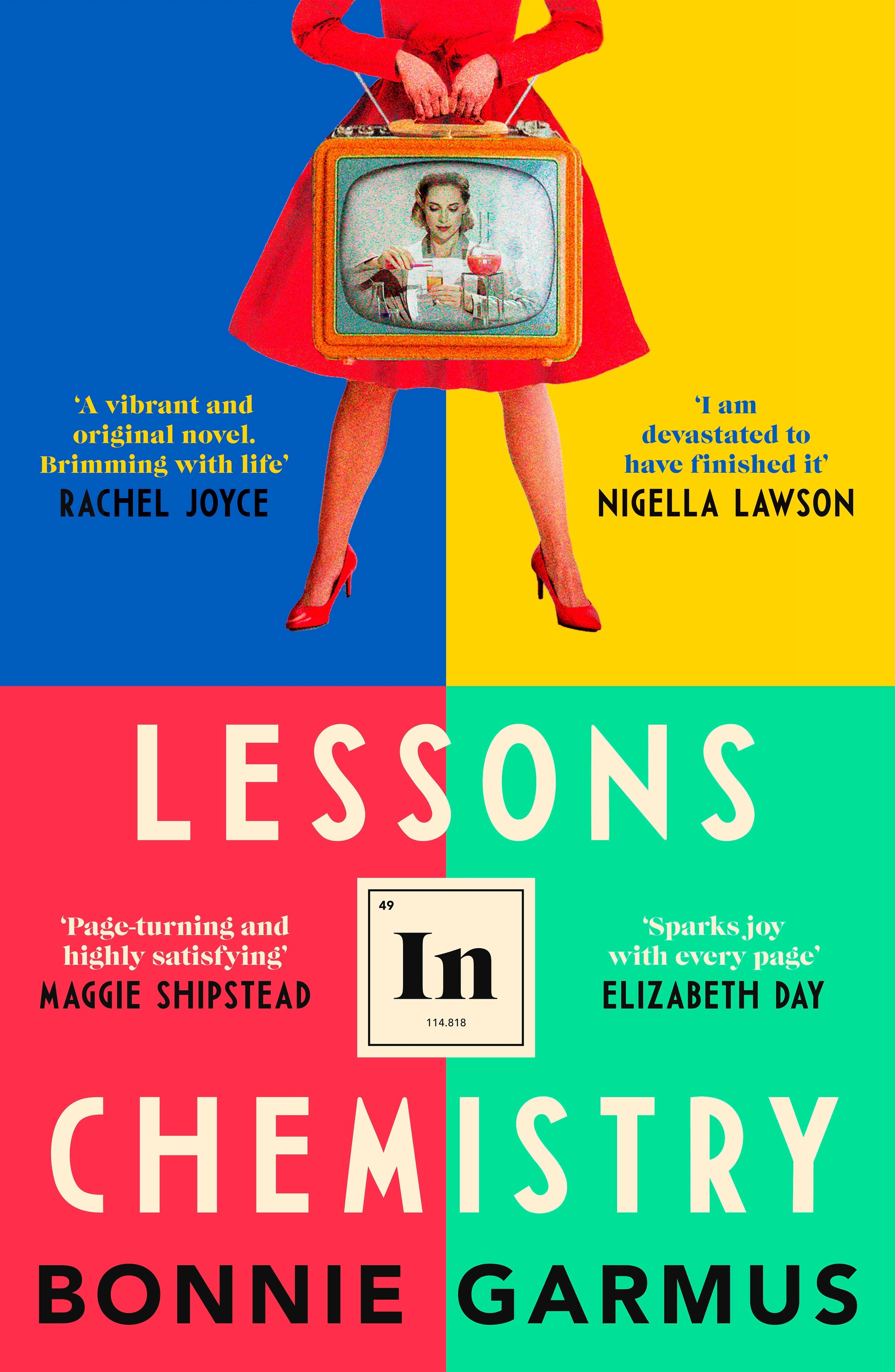THE SUN WALKS DOWN
BY FIONA MCFARLANE
Denny, a six-year-old boy, is missing in the harsh South Australian desert. His parents (a hard of hearing mother and stockman father), his many sisters and the rest of their small, fictional town of Fairly are all involved in the search, whether it be on horseback, on foot or by proxy.
The novel presents a cast of characters, fleshed out and familiar. Even though there are many points of view from which this story is told, McFarlane brings each and every one of her characters to life. Among them, we have two young newlyweds, a First Nations man who is a force with a cricket ball, a vicar who is a bit of a mess, a Swedish painter and his British wife, a German sex worker, a sergeant who wants to write, and a teenage girl who knows better than everyone else. Their stories are cleverly, almost poetically, interwoven and contain some perspectives that are often omitted from the Australian colonial narrative.
Then there is the sun – a character in its own right – symbolic of gods, of life, death and art.
In The Sun Walks Down, Fiona McFarlane doesn’t just describe the landscape of 1880s rural, colonial Australia, she slices it open and dissects it. The effect is visceral.
The author makes it glaringly obvious that no coloniser has full understanding or ownership of this land. McFarlane should be celebrated for this book; it is excellent.
ALL THAT’S LEFT UNSAID
BY TRACEY LIEN
This is a page turning story about a part of Australia’s recent history that I don’t think we have heard before.
In a Vietnamese immigrant community in Cabramatta, a woman investigates her teenage brother's murder.
The troubles in 1990s Cabramatta are many. The North and South Vietnamese people who came to the area as refugees after the war are deeply marked by the horrors they experienced, and they are inflicting their damage on the first-generation Australians who are their children. Lien's debut covers the specific operation of generational trauma with nuance and insight. The psychological predicament of the families she writes about is exacerbated by Cabramatta's heroin epidemic and institutionalized anti-Asian racism among the "blondies" of White Australia. Between these two factors, when 17-year-old Denny Tran (who is a studious and highly intelligent boy) is beaten to death after Cabramatta High School's senior formal, the police show little interest in finding the murderer. Denny must have been a junkie or in a gang, they assume. And since everyone who was at the popular banquet hall where it happened - including the boy's best friends and one of his teachers - claim to have seen nothing, there's no reason for them to think otherwise. His older sister, Ky, returns from her newspaper job in Melbourne to attend the funeral and ends up staying on in shock and outrage to find the truth of what happened.
This fictional tragedy is also part murder mystery. It is written with such clarity and specificity that it will linger in your memory as if it really happened.
Reminded me of Helen Garner’s Joe CInque’s Consolation
LESSONS
BY IAN MCEWAN
Embracing the years from the Blitz to Brexit, McEwan’s latest finds Roland Baines, a single father, who scrapes out a living as a lounge pianist and sometime journalist, worrying about his infant son, Lawrence.
When the world is still counting the cost of the Second World War and the Iron Curtain has closed, eleven-year-old Roland Baines's life is turned upside down. Two thousand miles from his mother's protective love, stranded at an unusual boarding school, his vulnerability attracts piano teacher Miss Miriam Cornell, leaving scars as well as a memory of love that will never fade.
Now, when his wife vanishes, leaving him alone with his tiny son, Roland is forced to confront the reality of his restless existence. As the radiation from Chernobyl spreads across Europe, he begins a search for answers that looks deep into his family history and will last for the rest of his life.
Haunted by lost opportunities, Roland seeks solace through every possible means—music, literature, friends, sex, politics, and, finally, love cut tragically short, then love ultimately redeemed. His journey raises important questions for us all. Can we take full charge of the course of our lives without causing damage to others? How do global events beyond our control shape our lives and our memories? And what can we really learn from the traumas of the past?
Epic, mesmerizing, and deeply humane, Lessons is a chronicle for our times—a powerful meditation on history and humanity through the prism of one man's lifetime.”
LESSONS IN CHEMISTRY
BY BONNIE GARMUS
Chemist Elizabeth Zott is not your average woman. In fact, Elizabeth Zott would be the first to point out that there is no such thing as an average woman. But it’s the early 1960s and her all-male team at Hastings Research Institute takes a very unscientific view of equality. Except for one: Calvin Evans; the lonely, brilliant, Nobel–prize nominated grudge-holder who falls in love with—of all things—her mind. True chemistry results.
But like science, life is unpredictable. Which is why a few years later Elizabeth Zott finds herself not only a single mother, but the reluctant star of America’s most beloved cooking show Supper at Six. Elizabeth’s unusual approach to cooking (“combine one tablespoon acetic acid with a pinch of sodium chloride”) proves revolutionary. But as her following grows, not everyone is happy. Because as it turns out, Elizabeth Zott isn’t just teaching women to cook. She’s daring them to change the status quo.
Laugh-out-loud funny, shrewdly observant, and studded with a dazzling cast of supporting characters, Lessons in Chemistry is as original and vibrant as its protagonist.
A WALK IN THE DARK
BY JANE GODWIN
Five teenagers are on a night walk in the Otway Ranges. With no adults supervising, this is their chance to prove their capabilities to themselves. After all, as their principal says, it’s just a walk in the dark, what’s there to worry about? As it turns out, rather a lot.
On top of unexpected storms and unpleasant strangers, the teens each have their own separate battles to fight.
Like all the best wilderness survival stories, A Walk in the Dark is a book where the protagonists emerge from the wild as changed people. As the reader, you follow them through life-and-death situations, cheering their personal growth as much as you’re cheering for their survival.
Fantastically tense in places, A Walk in the Dark is a great read for all kids ages 11+.






